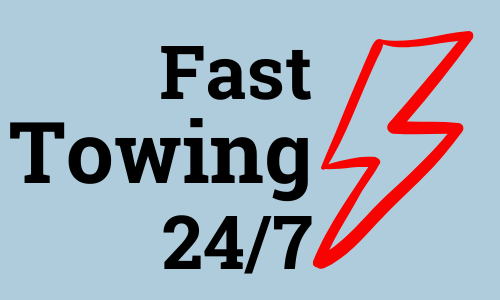Having Cars Towed in Delaware Could Soon Become Less Hassle | Latest News
DOVER, Del.- A new bill on the table looks to crack down on towing companies with stricter regulations.
For those who have experienced the sinking feeling of stepping outside only to find their parking space vacant, the ordeal is all too familiar.
"I parked on one side and went to the store on the other side. Came out and my car was gone. I had to be driven out to the countryside to the tow place and pay a couple hundred dollars to get it back, and it was awful," said Shawn Godlang of Dover.
House Bill 351 seeks to alleviate the distress associated with retrieving towed vehicles. Among its provisions, the bill mandates that towing companies must accept credit cards and allow individuals to reclaim personal belongings from their towed cars at no additional cost.
Many drivers express optimism regarding these proposed regulations.
"Sometimes people leave important stuff in their car; they should have the right to collect their belongings," noted Eric DeGirolomo.
However, concerns arise over the ambiguity of the requirement for towing companies to make "reasonable accommodations" for car retrieval.
"The word 'reasonable,' I think, can kind of be manipulated," DeGirolomo added.
Additionally, the legislation imposes a $500 limit on storage fees, a provision that faces opposition from tow truck operator John Moss.
"If you just cap it off at a certain price, who knows if they are going to pick up the cars. Nobody wants to keep the cars forever and ever because the lot fills up," Moss argued.
The bill currently awaits deliberation by the House Public Safety and Homeland Security Committee. If passed into law, enforcement would fall under the jurisdiction of the Consumer Protection Unit of the Delaware Department of Justice.
Other provisions listed in HB351 include:
-Making tow and storage rates publicly visible.
-Requiring tow companies to release vehicles if the owner returns before towing, with a drop fee not exceeding 50% of the tow fee.
-Mandating storage facilities to be open from 8 a.m. to 6 p.m., five days a week, with after-hours accommodations for vehicle retrieval.
-Ensuring reimbursement of tow and storage fees, along with damages, if towing violates the law.
-Holding tow companies liable for property damage from non-consensual towing.
